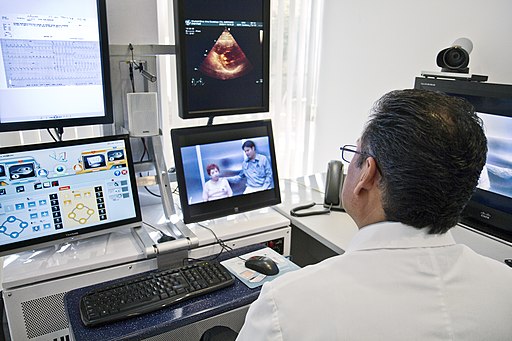
Today is National Rural Health Day, and we encourage our readers to continue their activism in pushing mobility as a key component in supporting public health. Lack of transportation has resulted in a rural health care crisis in many communities around the country in general, and particularly in areas such as maternal health and behavioral health.
Transit serves as a lifeline for a growing number of rural residents, and many transportation providers have long been aware that their services create a connection to better health for their passengers. This counts both for direct access to preventive care, but also improves independence and social connections that have been shown to support overall well-being.
Some transit systems are even getting creative with their public health incentives. Rabbittransit, in central Pennsylvania, is encouraging passengers to quit smoking by allowing them to ride for free today (November 16) by turning in four unused cigarettes. This type of campaign can be an effective outreach tool for both positive health care outcomes as well as support for public transit.
There has also been a major push recently among health care providers themselves to address the mobility needs of communities where health care access is declining. The West Central Health District in Georgia has developed a WIC on wheels program to bring services to the people who need them but cannot reliably find a ride to the offices or reach them during office hours. Due to the distances that people have to travel in the region, and the irregular hours that many vulnerable residents often work, it made the most sense to meet clients where they are to ensure they can receive proper care.
From a different perspective, California has recently announced a statewide commitment to funding active transportation – biking and walking – as a way to affect factors that both directly and indirectly play a role in an individual’s health. If rural communities have the resources to create options where people can safely walk or bike where they need to go, it will go a long way to improving health outcomes by encouraging healthier habits and active lifestyles.
There is also a new push in Michigan to update the health information exchange to include information that can alert providers to issues with transportation access and other social determinants of health. The inclusion of this information can encourage health care staff to intervene early on with their patients, by guiding them towards services that can assist them in reaching their appointments and maintain their health through preventative care.
For mobility managers who want to improve health care access in their areas but don’t know how to get started, this rural transportation toolkit is a great resource to start digging in and implementing change.
Please reach out! We’d love to highlight if your system or area has found a creative way to address the challenges your residents face in reaching health care.
Image Credit: Intel Free Press, Wikimedia, CC


